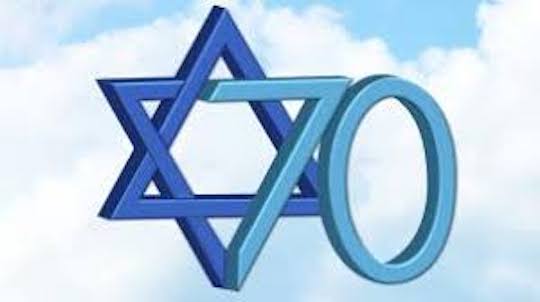On 70th Anniversary, Israel’s Population Closes In On 9 Million
Written by Mara Vigevani/TPS on April 16, 2018
On the eve of its 70th anniversary, Israel’s population stands at 8,842,000 people, 1.9 percent more than a year ago, the Central Bureau of Statistics said Monday.
Nearly three-quarters of the population (74.5 percent), or 6.5 million people, are Jewish; 20.9 percent (1.849 million) are Arab – Muslim, Christian and Druze; and 4.6% were listed as “others,” non-Arab Christians, members of other religions and persons without a classified religion in the population registry.
Since last Independence Day, 177,000 babies were born in Israel, 41,000 people died, and some 28,000 people immigrated to the country.
On the eve of the establishment of the State of Israel, the population of Israel stood at 806,000 and according to forecasts, by the country’s 100th Independence Day in 2048 the population is expected to reach 15.2 million.
Israel’s population is growing at a rate far higher than average for developed countries due both to a high birth rate and because of immigration.
Since the establishment of the state, approximately 3.2 million people have immigrated to Israel. The two largest waves of immigration were in the mid-1950s, doubling the size of the country’s population within four years (more than 700 thousand immigrants), and the wave of immigration from the former Soviet Union in the 1990’s, which led to a population increase of more than 10% (more than 900,000 immigrants, about 43% of all-time immigration).
One year after the Independence of the State of Israel, in 1949, there were 500 communities in Israel, compared to 1,214 in 2016. Today, about half of the population (44%) is concentrated in the 15 largest cities, with over 100,000 inhabitants. The largest city is Jerusalem (882,000 residents, including Arab East Jerusalem), followed by Tel Aviv with 439,000 residents.
